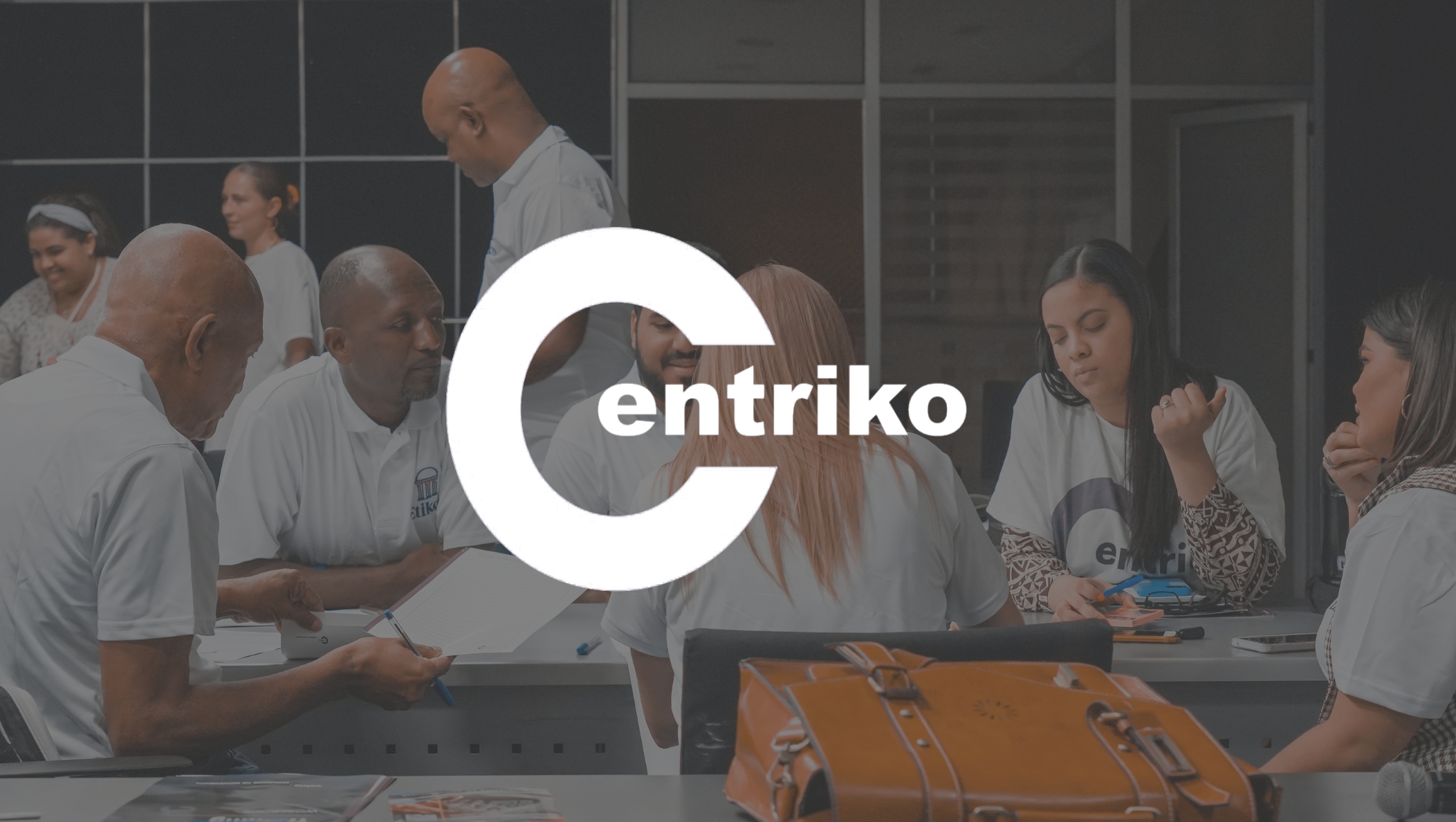

On the back of my previous visit to the Dominican Republic, I was invited to return to train 17 students on community research and the Centric journey. While conducting the training and listening to the experiences of the diverse group I was with, the first thing which stood out to me was how a non-extractive approach resonated. I had the attention of the room.
The group held onto every word I said, seeing Centric through me as a way to pave change in their community and to address the long-standing issues that have plagued the people and places they hold most dear. They knew that Centric is there to work with them, to build their capacity and to empower them to make the change. I evoked Paulo Freire and his emphasis on local knowledge as being key within Centric’s ethos and found a welcome reaction with the cohort.
This inclusive approach was more palatable to people in this part of Latin America, whereas research interactions that people had experienced prior had left them feeling exploited. The landscape is covered by US-owned businesses, who utilise the nation as a cheap source of labour and provide an income source for the communities but, have not invested in their empowerment, excluding those most disadvantaged living in these communities to the fringes of society. Importantly, by emphasising the role of communities in becoming research active, this, by default, removes the knowledge deficit assumption, which has often been the angle from which communities have been approached. While explaining my own story and my mother’s trade union roots, there was the sense among the group that research could also be for them and they could also have a stake in research based on their own cultural equity.
It is also important to emphasise soft and interpersonal skills such as: sharing ideas, democratic approaches, equitable collaboration and active listening. This is away from the cold, clinical, colonial isolation of Euro-Western academic corridors. Universities are often concerned with ‘protecting the institution’. Yet, who is protecting and listening to the real people? Rather than the tick-box exercise approach to research associated with universities and academic institutions within a Euro-Western paradigm, research must be geared towards having an impact on those who are often on the mere receiving end of research.
Moreover, I emphasised ethical approaches to research: shifting power in research, including people at every stage, reciprocity, equitable collaboration and creative ways of disseminating learning and local knowledge. Given the current context of reparations, it is paramount that these collaborations and alliances are made to share learnings around community research within Africa, the Caribbean and Latin America, plus replicate Centric’s ethos on a global scale. I also learned students in the Dominican Republic are currently developing a tool called PhotoVoice. Somewhat similarly to SnapChat, pictures and voice can be recorded in order to tell stories. Such tools are key for innovative research involving communities.
We are already speaking to partners about scaling and codes of conduct when leading research in deprived areas around the globe. I have also been invited to speak in Kenya regarding the Centric approach and how it could potentially encourage research activation among communities in East Africa.
Recently, the Centric team liaised with Professor Tanvir Turin Chowdhury, Assistant Professor at the Department of Family Medicine at the University of Calgary in Canada. He has been doing innovative community research around particular health disparities which impact the Bengali community in Canada. Professor Chowdhury is developing some metrics around community research which emphasise equity and greater community involvement.
Back to the Dominican Republic, it was amazing to come together and to see that extractive research is tangible and has been felt and experienced by many others. This was one of the core reasons why Centric was established, and why Centric is supporting communities around research in the Dominican Republic, Ghana, Gambia, Morocco, Kenya and elsewhere. Communities across the Global South, particularly, have had similar experiences when it comes to research. Yet, the time is now ripe for these communities to also be activated to do the research themselves.
Centric’s Dominican arm, Centriko, is here to make it happen…

COPYRIGHT 2021. CENTRIC. ALL RIGHTS RESERVED